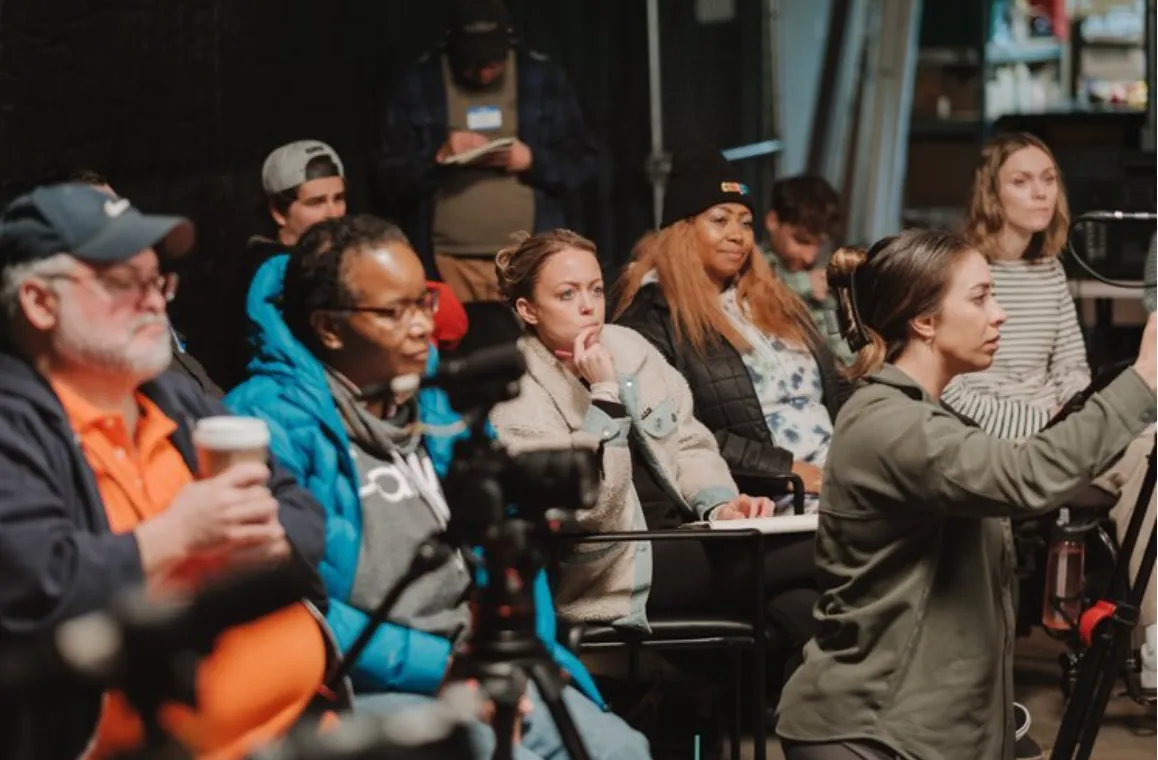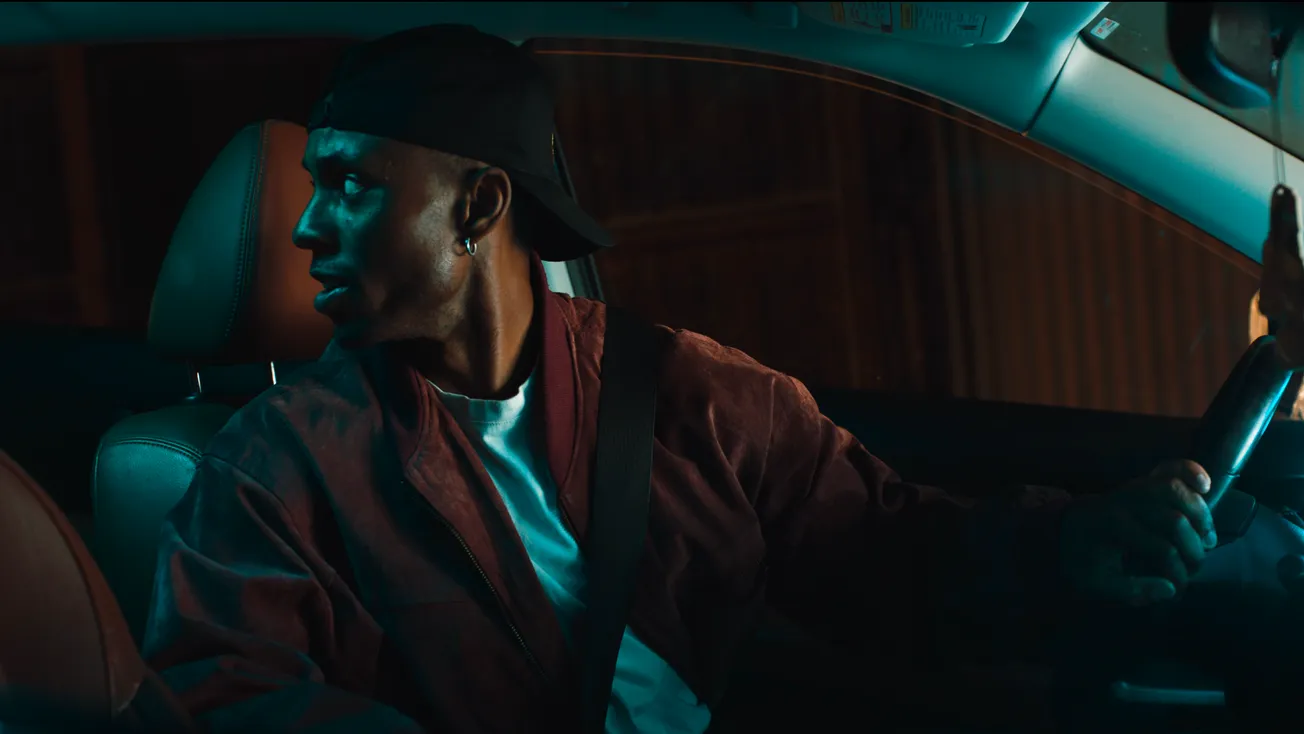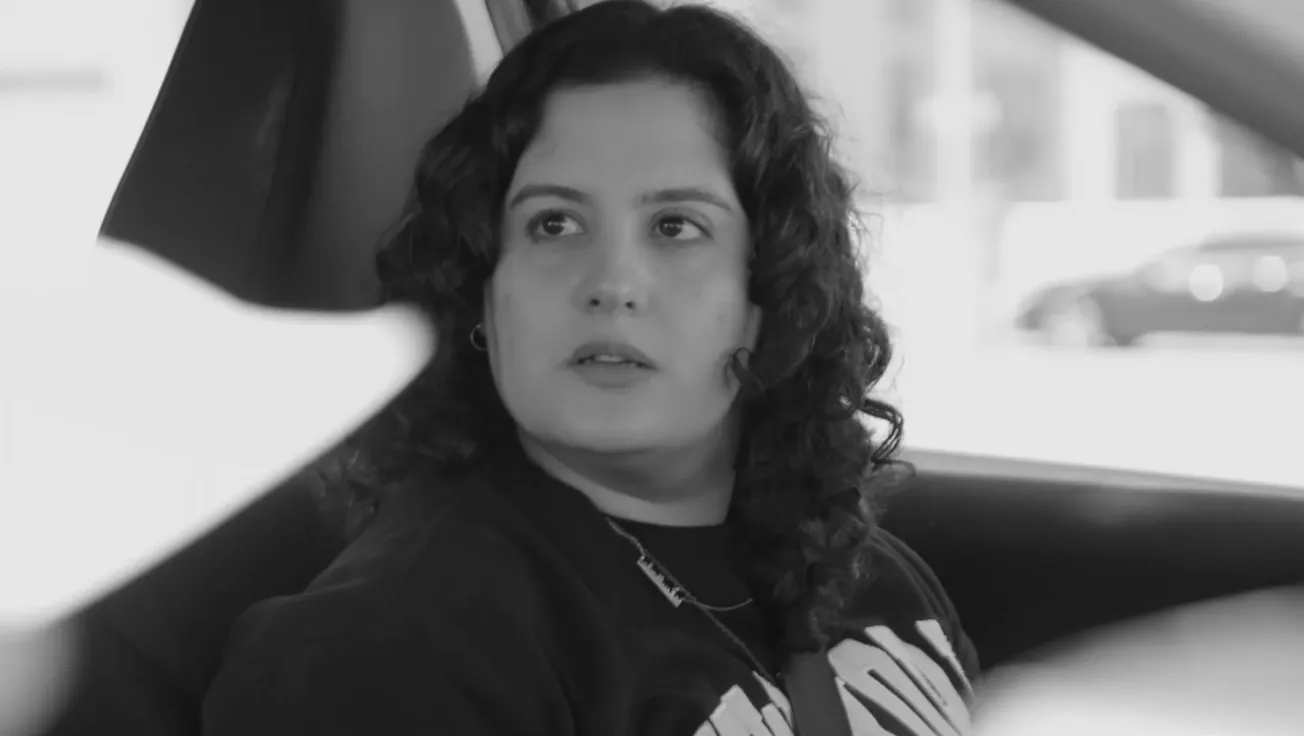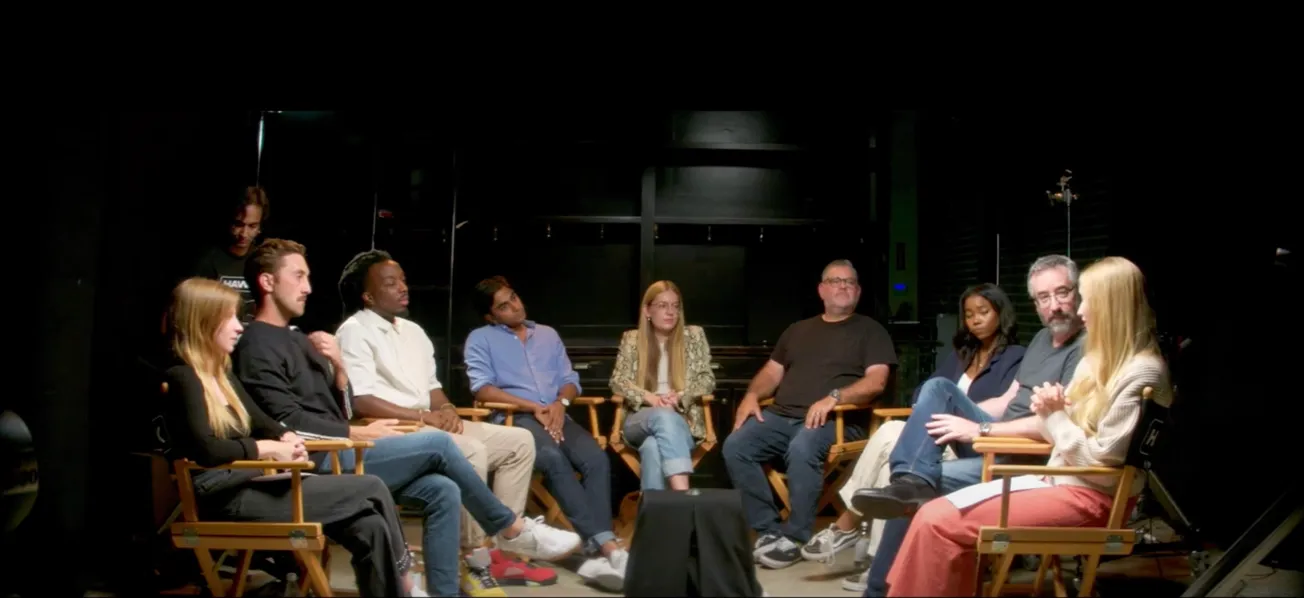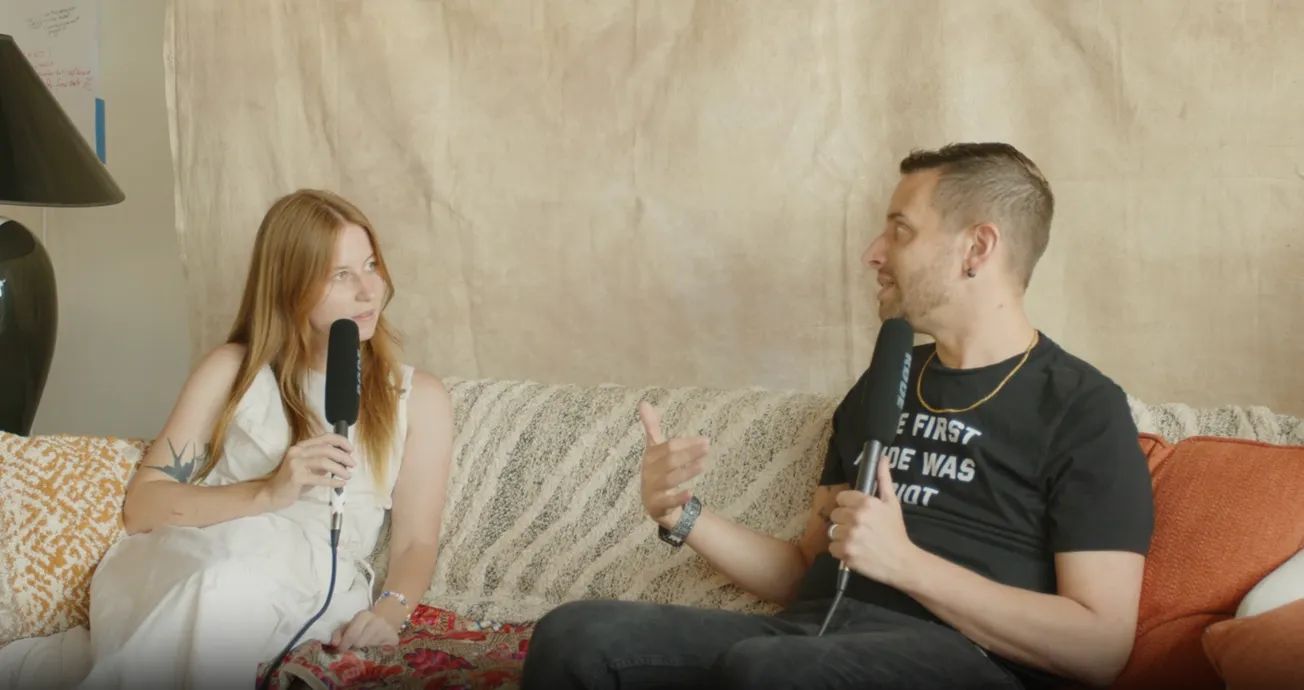Table of Contents
In the world of filmmaking, the relationship between actors and directors can be one of the most pivotal elements in achieving a successful production.
Through candid discussions with industry professionals, we explore the emotional and technical challenges faced on set and the importance of fostering a collaborative environment that empowers both actors and directors. In this article, we highlight the key insights shared during a recent CFA workshop, offering emerging filmmakers practical advice for navigating these complexities.
The Emotional Landscape of Acting
Understanding the Pressure
Acting is often perceived as a creative outlet, marked by emotional expression and spontaneity. However, it comes with significant pressure, especially on set when cameras are rolling.
As one participant noted, “You are under fire. That lens is trained on you.” This pressure creates an emotional barrier that needs to be acknowledged. For directors, fostering a safe space where actors can feel comfortable taking risks is crucial for eliciting genuine performances.
Creating Connection through Collaboration
One approach mentioned during our workshop involved directors embracing their acting side, even if it’s just through improvisational exercises.
This shared experience can help build empathy between the two roles. As stated during the discussion: "I think it’s really important for directors to have a pen on camera," allowing them to engage with actors in a way that validates their fears and anxieties.
In essence, the collaboration between actors and directors must be built on trust. When actors know their director supports their artistic choices, they are more likely to be vulnerable and authentic in their performances.
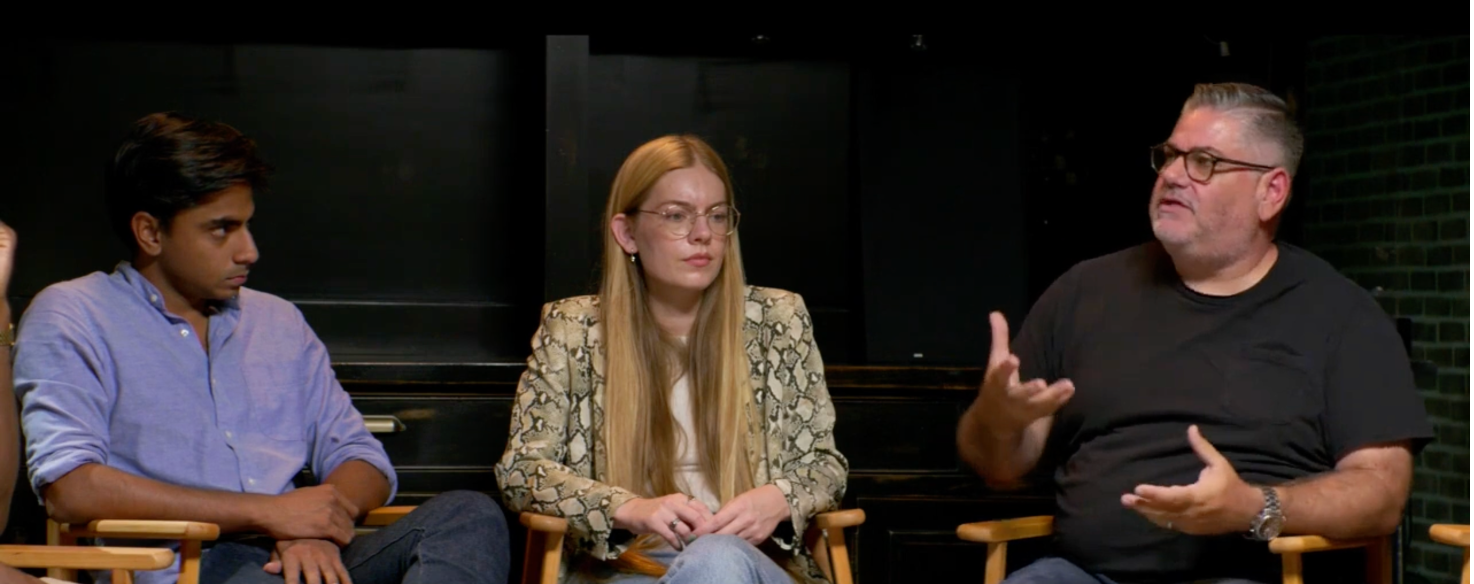
The Technical Side: Bridging Knowledge Gaps
The Importance of Understanding Technical Aspects
An innovative point raised in the discussion was the difference in how veteran and inexperienced actors approach the technical aspects of film.
A seasoned actor is typically aware of the nuances of filmmaking, from hitting marks to understanding how the camera captures emotion. This knowledge allows them to deliver a more authentic performance in dialogue with the technical crew.
Vice versa, new actors often require direction that fosters their understanding of set dynamics. Directors are encouraged to prepare their actors, ensuring they grasp not only their characters but the functional aspects of the production.
"Your job as a director is to give each actor what they need."
Communicating Effectively with Cast and Crew
Beyond simply conveying technical details, directors and crew members must communicate and establish rapport with actors. One strategy discussed was acknowledging individual actors’ learning curves—understanding that some may need more guidance than others.
A notable insight emphasized the necessity of compartmentalizing technical requirements during shoots. This allows actors to focus on their performances without being distracted by the machinery of filmmaking.
Practical Tips for Directors: Enhancing the Set Experience
Build Relationships Early
Start building rapport with your actors before filming. This can include casual conversations, which make a world of difference when the stress of production sets in.
Empower with Knowledge
Take the time to explain the different roles on set so that actors can easily navigate the filmmaking process and understand how their performance fits into the technical landscape.
Encourage Vulnerability
Create an environment that encourages actors to express their uncertainties or insecurities openly. A supportive atmosphere leads to the authentic exploration of characters.
Trust Your Crew
Establish solid communication lines with your team, giving them clear roles and responsibilities on set. This allows for smoother operations when unexpected scenarios arise.
Foster Open Dialogue
Encourage actors to discuss their needs or concerns. This not only builds trust but also helps everyone involved work towards a common goal.
The richness of the conversation at CFA's workshop emphasizes the necessity of both technical knowledge and emotional intelligence in filmmaking.
By acknowledging the complexities that come with acting and directing, we can create environments where creativity flourishes and voices are heard.
Watch the full workshop video below!

